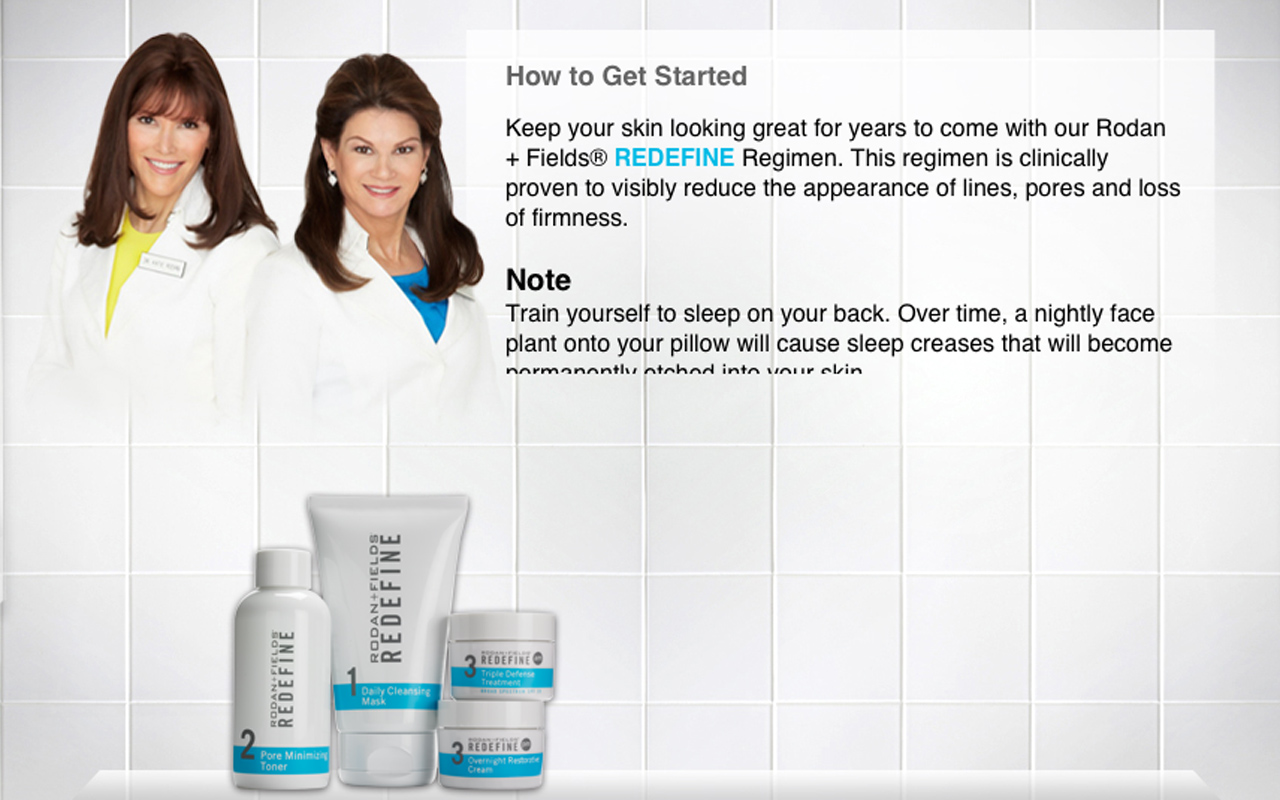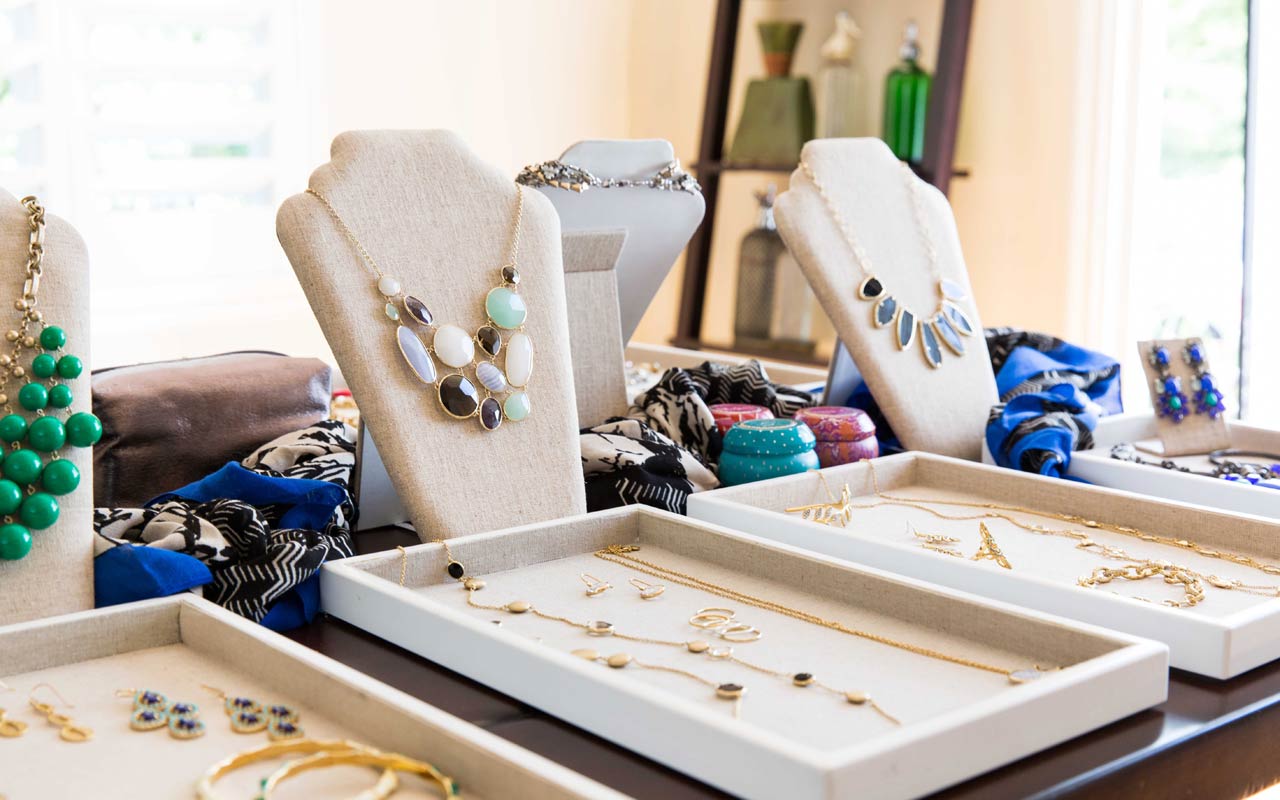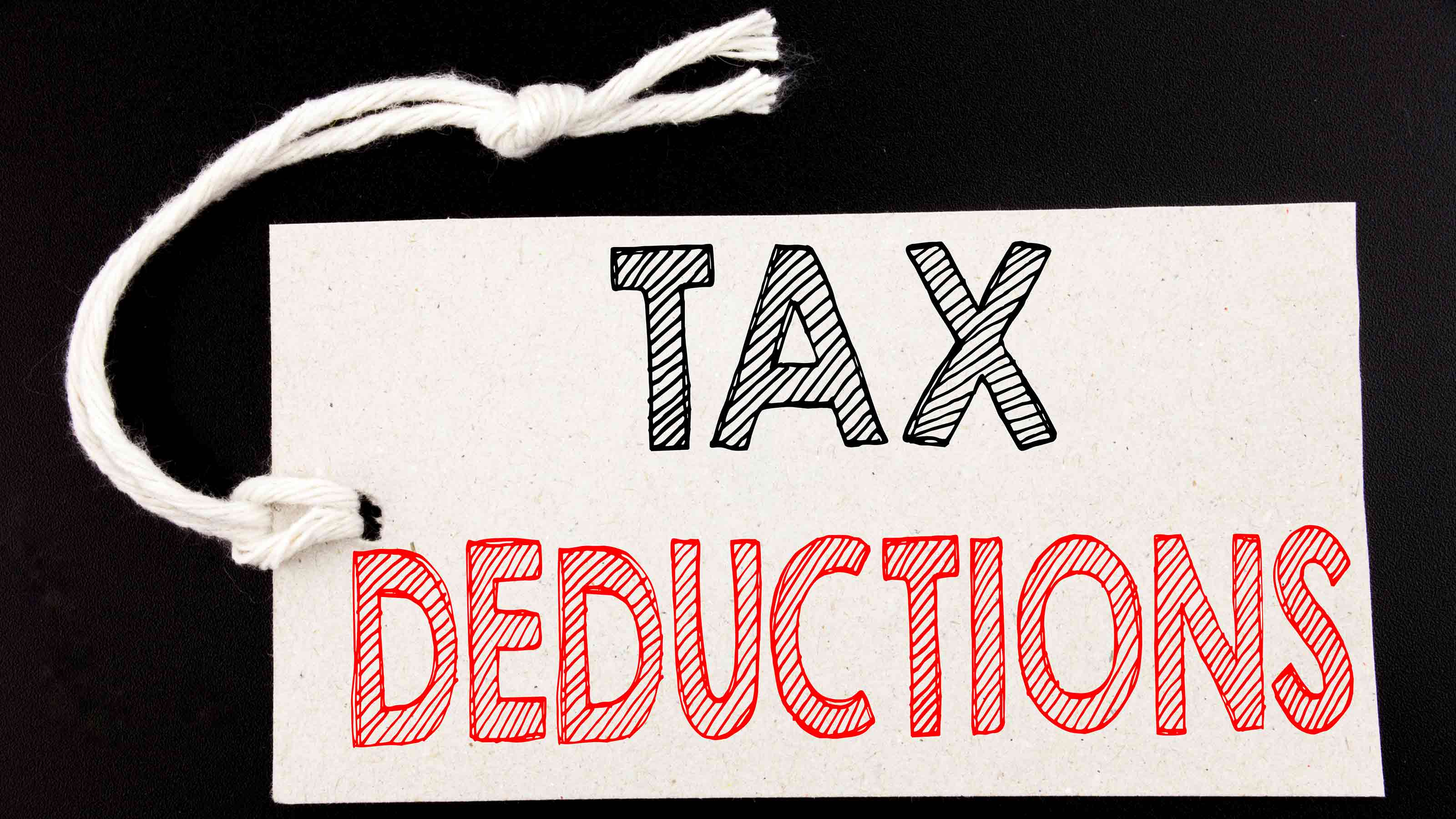5 Great Ways to Make Money in Direct Sales


Profit and prosper with the best of Kiplinger's advice on investing, taxes, retirement, personal finance and much more. Delivered daily. Enter your email in the box and click Sign Me Up.
You are now subscribed
Your newsletter sign-up was successful
Want to add more newsletters?

Delivered daily
Kiplinger Today
Profit and prosper with the best of Kiplinger's advice on investing, taxes, retirement, personal finance and much more delivered daily. Smart money moves start here.

Sent five days a week
Kiplinger A Step Ahead
Get practical help to make better financial decisions in your everyday life, from spending to savings on top deals.

Delivered daily
Kiplinger Closing Bell
Get today's biggest financial and investing headlines delivered to your inbox every day the U.S. stock market is open.

Sent twice a week
Kiplinger Adviser Intel
Financial pros across the country share best practices and fresh tactics to preserve and grow your wealth.

Delivered weekly
Kiplinger Tax Tips
Trim your federal and state tax bills with practical tax-planning and tax-cutting strategies.

Sent twice a week
Kiplinger Retirement Tips
Your twice-a-week guide to planning and enjoying a financially secure and richly rewarding retirement

Sent bimonthly.
Kiplinger Adviser Angle
Insights for advisers, wealth managers and other financial professionals.

Sent twice a week
Kiplinger Investing Weekly
Your twice-a-week roundup of promising stocks, funds, companies and industries you should consider, ones you should avoid, and why.

Sent weekly for six weeks
Kiplinger Invest for Retirement
Your step-by-step six-part series on how to invest for retirement, from devising a successful strategy to exactly which investments to choose.
In your quest to earn extra cash, few opportunities are as flexible as selling products -- from makeup to wine -- directly to consumers for established companies building networks of sales consultants across the country.
Unlike franchise opportunities, which can have start-up costs of $30,000 or more, direct-sales gigs generally require an initial investment of about $100. And unlike part-time jobs, direct selling lets you set your own hours and work from home.
The number of Americans trying their hand at their own direct-sales business is on the rise, up nearly 6% from 2012 to 2013 to a total of 16.8 million people, according to the Direct Selling Association (DSA), a Washington, D.C.-based national trade association that represents direct-sales companies. Some folks are selling to generate extra cash to make ends meet, while others make a full-time living from direct sales. Some might have a short-term financial goal in mind, such as saving for a family vacation, says Paul Skowroneck, senior vice-president of public affairs for DSA. The direct-sales consultants we interviewed for this story earn from $200 to $10,000 each month, depending on the types of products they sell, the hours they put in, and the number of personal recruits working on their behalf.
But beware the downsides to direct sales. In most cases, you'll need to invest in product inventory to showcase at in-home events to prospective customers. If you’re not committed to selling in the long term, you could easily spend more on inventory than you earn on sales. Another concern: Most direct-sales companies encourage their consultants to enlist other salespeople as a way to significantly boost their own earnings -- a practice known as multilevel marketing. Ultimately, whether you become a top earner or make very little money is largely dependent on how many others you’ve recruited rather than your own sales performance, warns Robert FitzPatrick, president of the consumer watchdog site PyramidSchemeAlert.org.
The direct-sales companies profiled here are all DSA members, have been operating for at least 10 years, have reasonable start-up costs (the national average is $106), have no inventory requirements, and offer commissions of at least 10% on personal sales. Kiplinger interviewed at least one sales consultant from each company. Check them out.

Rodan + Fields
- What you'll sell: Skin-care products for women and men
- How you'll sell: Conduct person-to-person consultations and sell products online. No group events.
- Start-up cost: $45, plus an optional $24.95/month for a personal Rodan + Fields Web site for online sales
- Commissions: 10% on personal sales, 5% on recruits' sales
- For novices, direct sales often requires tapping into your inner social butterfly to sell products. Most companies provide online tutorials and in-person training to improve your selling techniques. Cash has taken advantage of both, including participating in training calls with more senior consultants, and says that it has helped her significantly.
With Rodan + Fields, you’ll sell anti-aging skin-care products to an aging U.S. population -- with the median age of Americans heading toward 40 by 2030, up from 37.4 in 2013, according to The Kiplinger Letter.
Founded in 2002 by the makers of the popular Proactiv acne-treatment system, the company (and its sales consultants) benefit from the proven success of its predecessor product line. Founders Katie Rodan and Kathy Fields “are very well-credentialed dermatologists,” says Alan Luce, principal of Luce, Murphy, Fong & Associates, an Asheville, N.C.-based consulting firm that works with small and large direct-sales companies. “So you have the appearance of a more scientific approach to this skin-care line.”
With a son heading to college next year, Amy Cash, 42, of Bowling Green, Ky., turned to direct sales in May this year to sock away some extra tuition money. She says she was drawn to Rodan + Fields because she actually used the products and liked them. She also preferred the idea of selling one-on-one, rather than to a group. Ironically, Cash speaks to groups every day as a high school math teacher. But sales is different, and she had no sales experience. “Asking someone to buy or invest in a product that I completely believe in is new . . . I have to [learn] to communicate that belief effectively,” Cash says.
While Rodan + Fields has no inventory requirement, consultants must sell $100 every month to remain in active standing. In 2013, the average income for a new sales consultant was $769, but Rodan + Fields’ top-earning consultants who have much more experience make about $1 million annually, according to a company spokesperson. Check out the company's Income Illustrator tool, which shows the volume of customers and recruits necessary to achieve various earnings levels.

Stella & Dot
- What you'll sell: Jewelry and fashion accessories for women
- How you'll sell: Conduct in-home "trunk shows" with hosts and their guests, and sell products online.
- Start-up cost: $199, plus an optional $129 per year (or $39 per quarter) for a personal Stella & Dot Web site for online sales
- Commissions: 25% to 30% on personal sales; as much as 18% on recruits' sales
Created in 2004, Stella & Dot is a trendsetter in the direct-sales industry, with its heavy emphasis on social media to drive more sales for the company and its sales consultants. “Their target demographic is very young, mobile and tech-savvy,” Luce says. “They’re one of the first companies to really understand and use social media as an educational and promotional vehicle.” On the company’s YouTube channel, for example, customers can find how-to videos on the various ways to wear their products. The company’s Twitter, Facebook and Instagram accounts have a combined following of several hundreds of thousands of users -- more than twice as many as competitors such as Chloe + Isabel and Azuli Skye.
Bethonie Butler, 29, of Silver Spring, Md., became a part-time independent stylist for Stella & Dot in 2013 and is taking a cautious approach to building her business. "When I first started, I didn't have a lot of pieces to show at trunk shows, and I’m still building my [inventory],” she says. “I don't want to go crazy buying stuff without knowing if I'll be able to make back my investment."
Butler tries to spend at least an hour or two each week working on her Stella & Dot business. She makes $125 to $200 a month via in-home trunk shows and online sales. Butler advises others interested in pursuing a direct-sales opportunity to do some due diligence before signing on the dotted line. "Go to the company's Web site. Also, Google the company and read what's out there. Are the products well reviewed? Do people who’ve started similar businesses have good things to say? What are the criticisms about the company?"
Stella & Dot sales consultants who’ve recruited others are required to make $500 in retail sales in a single month at least once every three months to maintain sponsor status.

Mary Kay
- What you'll sell: Makeup and skin-care products for women and men
- How you'll sell: Conduct in-home skin-care classes for hosts and their guests, and sell products online.
- Start-up cost: $100, plus an optional $30 for the first year for a personal Mary Kay Web site for online sales
- Commissions: As much as 50% on personal sales
Mary Kay has become synonymous with makeup parties and pink Cadillacs, but you may not know the company has one of the highest consultant commission rates in the direct-sales industry. It’s been in business since 1963 and to date has 3 million independent beauty consultants. “They have access to resources and the stability that younger companies don’t, because they’ve been around for 50 years,” Luce adds. This includes investing in exclusive tools and resources for their consultants, such as a virtual makeover app for customer demonstrations, as well as putting on huge-scale training and networking events.
“For me, it was a proven and successful organization that had been around for years,” says Patty Hampton, 54, of Upper Marlboro, Md., who joined Mary Kay in 2000. “In addition, it was about the products. I tried them and loved them.”
A full-time HR executive, Hampton invests about 10 hours a month in her Mary Kay business, focusing primarily on online sales. She earns about $2,400 a month. One of her biggest challenges over the years has been trying not to measure her own success against others who have more time to invest in the business. "I no longer kick myself knowing that you can be a millionaire at any point in this business. I'm okay for now as to where I am and how I choose to run and build my business."
In order to maintain “active” status, Mary Kay consultants must purchase at least $225 wholesale in products every three months.

Traveling Vineyard
- What you'll sell: Wine
- How you'll sell: Conduct in-home wine-tasting events with hosts and guests, and sell products online.
- Start-up cost: $179, plus an optional $15.95 per month for a personal Traveling Vineyard Web site for online sales
- Commissions: 15% to 35% on personal sales; and a minimum of 5% on recruits’ sales
Due to state regulations that ban or limit the direct shipment of wine to consumers, Traveling Vineyard can't sell in 10 states (see the Wine Institute’s interactive map on wine-shipping laws across the country). And with only 1,000 consultants in 28 states across the U.S., Traveling Vineyard, which was founded in 2001, is one of the smaller direct-sales companies. The limited competition from other sales consultants is just one advantage to going with a lesser-known company. “With younger, more entrepreneurial-minded companies, there’s a sense that you can help build something new from the ground up and find success sooner,” Luce says. “Also, growth opportunities [within the company] are more readily available.”
Rhonda Long, 43, of Alexandria, Va., has been marketing Traveling Vineyard products for seven years. She works full-time for a large defense contractor in a male-dominated industry. Long says she chose Traveling Vineyard because she wanted to interact more with women, but didn’t want to sell makeup or cookware. She invests 10 to 20 hours per month and makes $200 to $500, depending on the number of wine-tasting events she books.
She reminds newcomers that if you’re looking to make a substantial amount of income with a direct-sales business, it doesn’t happen overnight. "You can’t come into any of these types of businesses thinking it’s a get-rich-quick type of thing," Long adds. "When you see people that make it look easy, have built big teams and are making very good money, it didn’t magically happen. You have to be committed and work on your business every day."
There are no inventory requirements with Traveling Vineyard. On average, a typical sales consultant earns between $80 and $100 per wine-tasting event, according to the company's Web site. Their highest-paid wine guide took in $59,664 last year. Rick Libby, Traveling Vineyard’s CEO, notes “the majority of [active] wine guides make $1,200 to $6,000 annually.”

Pampered Chef
- What you'll sell: Kitchen utensils and cooking supplies
- How you'll sell: Conduct in-home cooking demonstrations with hosts and their guests, and sell products online.
- Start-up cost: $99, plus an optional $10 per month for a personal Pampered Chef Web site for online sales
- Commissions: 20% on personal sales; as much as 31% on recruits’ sales
Acquired by Warren Buffett’s Berkshire Hathaway in 2002, Pampered Chef and its 60,000 sales consultants are capitalizing on the trend toward more home-cooked meals. The average number of meals consumed in restaurants has declined from 215 in 2000 to 193 in 2013, according to market-research firm NPD. “They offer products that help speed up . . . the process of cooking and creating family meals,” Luce says.
David Meenan is the rare direct-sales consultant who has managed to turn his side hustle into a full-time job. The 52-year-old, who lives in Red Bank, N.J., didn’t set out to become a direct seller. He’d never heard of Pampered Chef before a friend introduced him to the brand in 2000. It took three months before he finally decided to join. Leery of investing too much money at the outset, Meenan says that when he recouped his start-up cost (and then some) during his first demonstration, he knew he’d made the right decision. He gave up a career in marketing and public relations to sell Pampered Chef full-time just nine months after becoming a consultant.
Thirteen years later, he’s worked his way up the ranks and is now an independent director with a team of recruits. Meenan works 25 to 30 hours per week and makes $90,000 to $125,000 per year. When it comes to achieving -- and maintaining -- a high level of success with a direct-sales business, Meenan says consistency is key. From the start, "treat it like it’s a business," he advises, "and always show up." When working from home, there can be lots of distractions. "Set definite office hours during which you are focused on working."
Profit and prosper with the best of Kiplinger's advice on investing, taxes, retirement, personal finance and much more. Delivered daily. Enter your email in the box and click Sign Me Up.

Browne Taylor joined Kiplinger in 2011 and was a channel editor for Kiplinger.com covering living and family finance topics. She previously worked at the Washington Post as a Web producer in the Style section and prior to that covered the Jobs, Cars and Real Estate sections. She earned a BA in journalism from Howard University in Washington, D.C. She is Director of Member Services, at the National Association of Home Builders.
-
 Ask the Tax Editor: Federal Income Tax Deductions
Ask the Tax Editor: Federal Income Tax DeductionsAsk the Editor In this week's Ask the Editor Q&A, Joy Taylor answers questions on federal income tax deductions
-
 States With No-Fault Car Insurance Laws (and How No-Fault Car Insurance Works)
States With No-Fault Car Insurance Laws (and How No-Fault Car Insurance Works)A breakdown of the confusing rules around no-fault car insurance in every state where it exists.
-
 7 Frugal Habits to Keep Even When You're Rich
7 Frugal Habits to Keep Even When You're RichSome frugal habits are worth it, no matter what tax bracket you're in.
-
 32 Ways to Make Money in 2025
32 Ways to Make Money in 2025business Check out these cool side hustles to earn bonus bucks this year.
-
 12 IRS Audit Red Flags for the Self-Employed
12 IRS Audit Red Flags for the Self-Employedtaxes If you are self-employed, minimize the odds of an IRS audit by avoiding these audit triggers.
-
 Business Cost Outlooks for 2022: Eight Key Sectors
Business Cost Outlooks for 2022: Eight Key SectorsEconomic Forecasts What’s in store for all sorts of business costs in 2022?
-
 PPP Loan Basics for Small Business Owners
PPP Loan Basics for Small Business OwnersCoronavirus and Your Money Although uncertainty and confusion have surrounded the Paycheck Protection Program since its launch, that shouldn't stop small business owners from participating in the loan program, which was just extended to May 31.
-
 "Above-the-Line" Deductions for Your 2021 Tax Return
"Above-the-Line" Deductions for Your 2021 Tax ReturnTax Breaks If, like most people, you claim the standard deduction instead of itemized deductions on your return, there are still many other tax deductions available that could save you a lot of money.
-
 The Biden Tax Plan: How the Build Back Better Act Could Affect Your Tax Bill
The Biden Tax Plan: How the Build Back Better Act Could Affect Your Tax BillPolitics Depending on your income, the Build Back Better Act recently passed by the House could boost or cut your future tax bills.
-
 9 Tips for Better Time Management in Retirement
9 Tips for Better Time Management in Retirementretirement These important time management techniques will help destress your life as you get busier -- yes, busier -- in your golden years.
-
 7 Ways PPP Loans Just Got Better
7 Ways PPP Loans Just Got Bettersmall business loans The Paycheck Protection Program Flexibility Act makes a number of changes to the popular small-business loan program. See how your business might benefit from the improvements.
